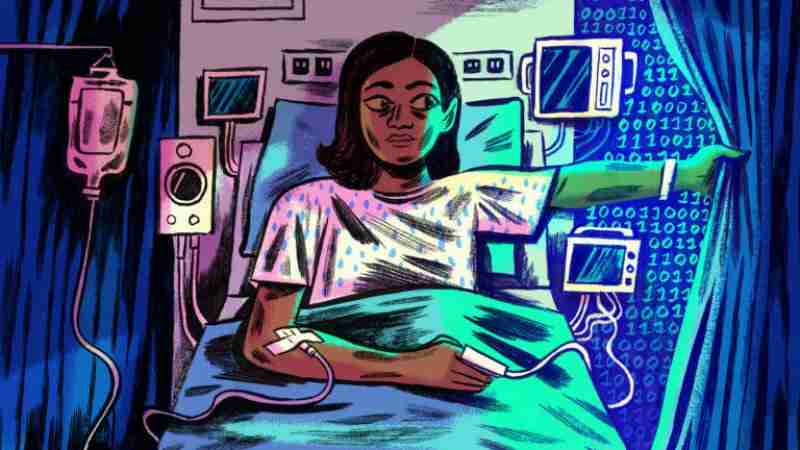The Covid-19 pandemic underscores the importance of the technology in medicine: In the last few months, hospitals have used AI to create coronavirus chatbots, predict the decline of Covid-19 patients, and diagnose the disease from lung scans.
Its rapid advancement is already changing practices in image-based specialties such as radiology and pathology, and the Food and Drug Administration has approved dozens of AI products to help diagnose eye diseases, bone fractures, heart problems, and other conditions. So much is happening that it can be hard for health professionals, patients, and even regulators to keep up, especially since the concepts and language of AI are new for many people.
The use of AI in health care also poses new risks. Biased algorithms could perpetuate discrimination along racial and economic lines, and lead to the adoption of inadequately vetted products that drive up costs without benefiting patients. Understanding these risks — and weighing them against the potential benefits — requires a deeper understanding of AI itself.
It’s for these reasons that we created STACI: the STAT Terminal for Artificial Computer Intelligence. She will walk you through the key concepts and history of AI, explain the terminology, and break down its various uses in health care.
Remember, AI is only as good as the data fed into it. So if STACI gets something wrong, blame the humans behind it, not the AI!



































